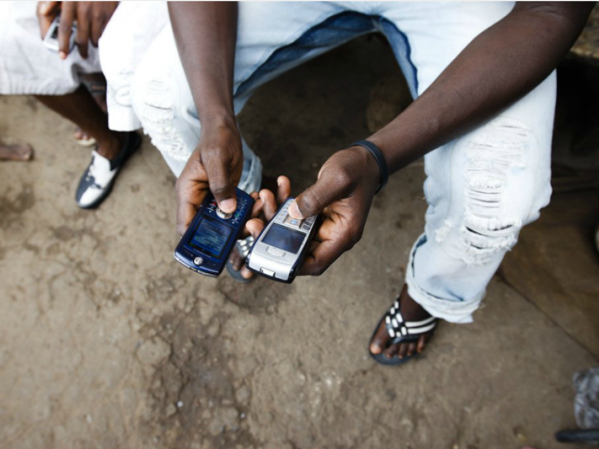
Mali has introduced new taxes on mobile voice calls and mobile money withdrawals to help fund its fight against an ongoing Islamic insurgency threatening parts of the country.
A 10% tax will now apply to customer mobile recharge for calls, while mobile money withdrawals will be subject to a 1% levy, Minister of Economy and Finance Alousseni Sanou announced in Bamako.
These taxes, along with other revenue measures, are expected to generate 140 billion CFA francs ($220 million) to support security and energy infrastructure, Bloomberg reported.
Mali has been under military rule since August 2020, amidst a series of coups in West and Central Africa over the past four years, including in neighbouring countries Burkina Faso and Niger.
However, militant attacks have continued to rise despite the regime severing ties with Western allies such as the U.S. and France and strengthening relations with Russia.
“If there’s one thing we want during this transition, it’s to ensure our security and sovereignty,” said Prime Minister General Abdoulaye Maïga. He noted that since 2020, Mali has lost over 400 billion CFA francs in budget support from international partners.
The government is also increasing the tax on wireless operators’ revenue from 8% to 10% and reviewing charges on alcohol sales. The country’s leading telecom providers include Orange SA, Sotelma Malitel, and Telecel Mali.
This move to extract more revenue from the telecom sector follows similar pressure on foreign mining firms, which have been asked to pay millions in back taxes and dividends after a state audit uncovered a revenue shortfall of up to 600 billion CFA francs.
Mali, Africa’s second-largest gold producer, also revised its mining code in 2023 to maximize benefits from its natural resources.










